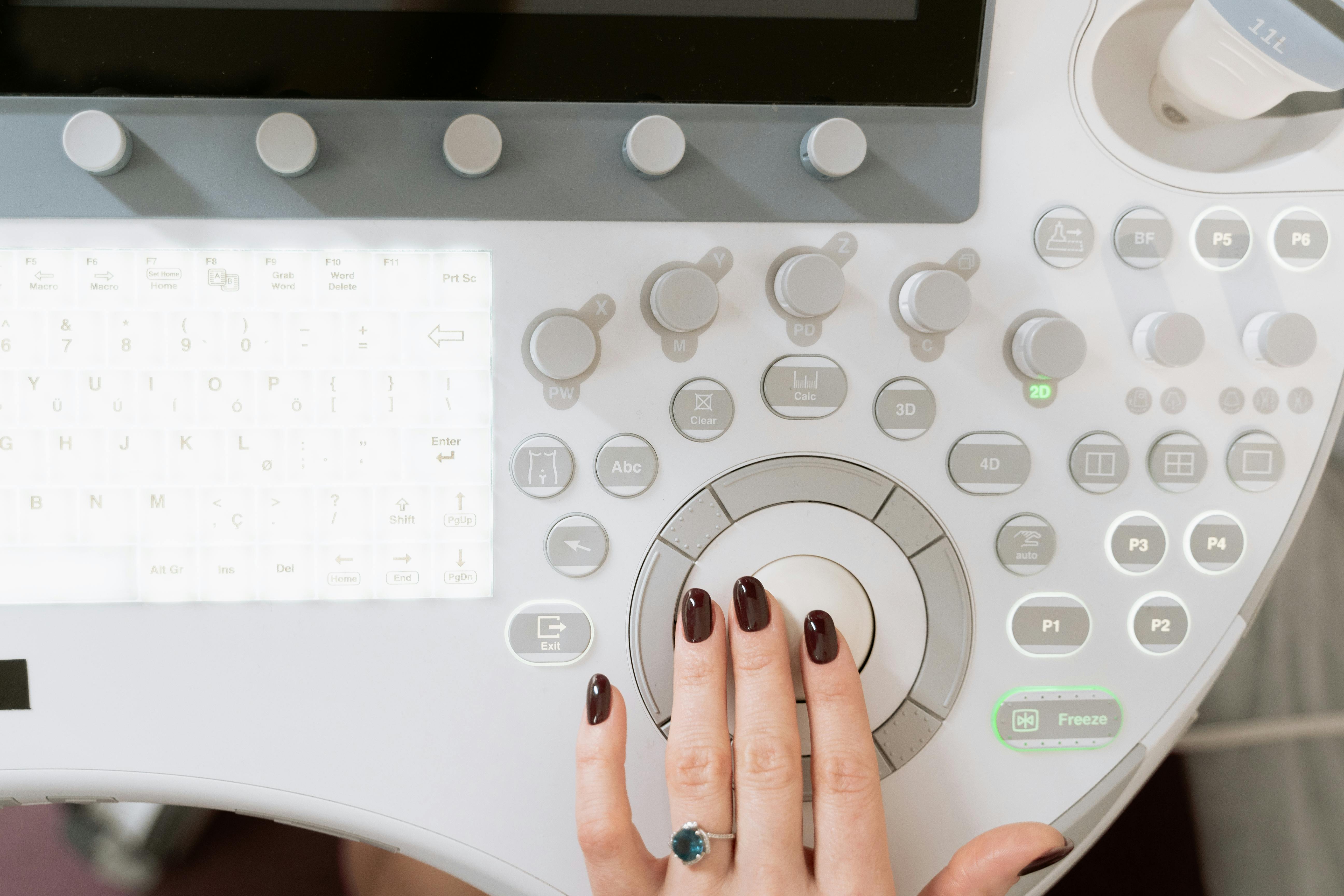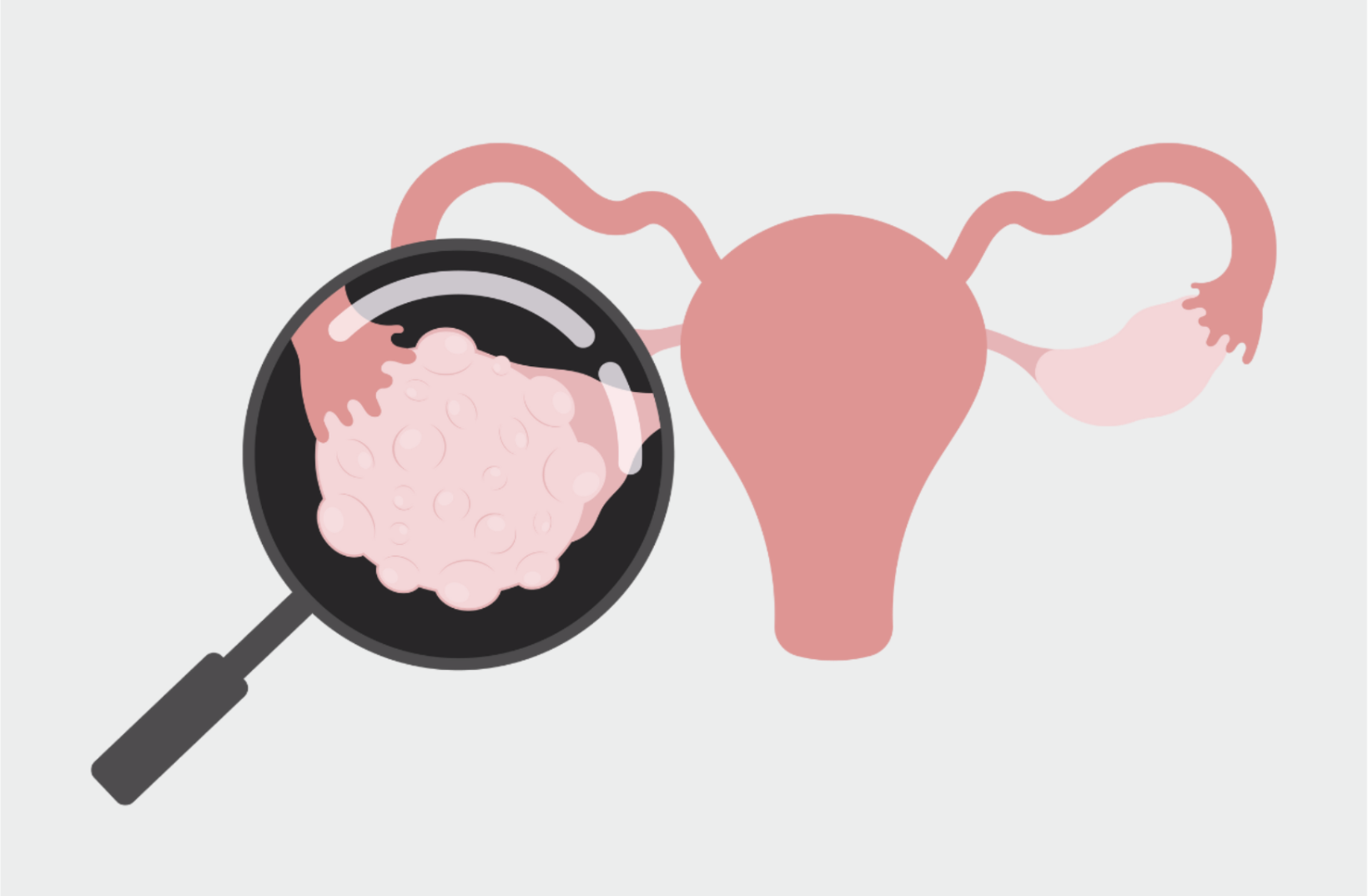

If you’re an active-duty service member or spouse and thinking about freezing your eggs, you’re not alone. Many women in the military are interested in preserving their fertility, especially given the demanding nature of military life. Between deployments, relocations, and irregular schedules, starting a family may not be a priority right now—but that doesn’t mean you want to close that door entirely.
In this article, we’ll walk through how egg freezing works for military personnel, what TRICARE does and doesn’t cover, which military hospitals offer reproductive services, and how egg sharing programs like Cofertility’s can help bridge the gap if you're looking to freeze your eggs for personal (non-medical) reasons. We’ll also get into what to expect logistically, how to time your cycle, and what options exist if you don’t qualify for military benefits.
What TRICARE covers—and what it doesn’t
Let’s start with the basics. According to TRICARE, the health plan for active-duty service members, retirees, and their families, elective egg freezing is not covered under standard military insurance benefits. That means if you’re freezing your eggs for non-medical reasons—like delaying parenthood, focusing on your career, or preserving your options—you’ll have to pay for it out of pocket. This includes all parts of the process: medications, monitoring, the egg retrieval procedure, and long-term storage.
TRICARE does cover fertility preservation (including egg retrieval and storage) if your fertility has been impaired by a serious or severe illness or injury related to your service. This includes things like combat injuries that affect your reproductive organs or chemotherapy received during active duty. In these cases, coverage is provided through the Supplemental Health Care Program, which falls under a different category of military healthcare and applies to both male and female service members.
To qualify under this medical exception, you must:
- Be an active-duty service member
- Have a Category II or III illness or injury sustained during active duty
- Be unable to conceive or carry a pregnancy without assisted reproductive technology (ART)
If you meet those criteria, TRICARE will cover services like egg retrieval, sperm retrieval, IVF, and intrauterine insemination. And according to TRICARE, if you paid out of pocket for any of these services after March 8, 2024, you may be eligible for reimbursement.
Where you can get fertility care in the military system
Even though TRICARE doesn’t generally cover elective egg freezing, some military hospitals do offer ART services at a significantly reduced cost. These services are available to eligible service members and beneficiaries on a first-come, first-served basis, depending on availability.
As of now, eight military hospitals offer reproductive endocrinology and infertility care through their graduate medical education programs:
- Walter Reed National Military Medical Center (Bethesda, MD)
- Tripler Army Medical Center (Honolulu, HI)
- Womack Army Medical Center (Fort Liberty, NC)
- Madigan Army Medical Center (Joint Base Lewis-McChord, WA)
- Brooke Army Medical Center (Fort Sam Houston, TX)
- Naval Medical Center San Diego (San Diego, CA)
- Naval Medical Center Portsmouth (Portsmouth, VA)
- Wright-Patterson Medical Center / 88th Medical Group (Greene County, OH)
While these programs prioritize care for service members with qualifying medical conditions, some do accept elective patients on a limited basis. Costs are often significantly lower than in the civilian market, but availability is highly variable, and waitlists are common.
Why egg freezing may still make sense, even without coverage
Military life is unpredictable. You might be deployed overseas with short notice, move across the country every few years, or find yourself in leadership roles that demand your full attention. Fertility doesn’t hit pause while you or your spouse serves—and unfortunately, egg quality declines with age regardless of your fitness level or overall health.
For many women in the military, freezing eggs can be a way to create flexibility down the line. It gives you more reproductive options, especially if you’re not ready (or able) to start a family during your service years. Even if you don’t end up using those eggs, having them stored offers a sense of security.
How Cofertility’s Split program fits in
If you’re interested in egg freezing but can’t afford the costs out of pocket—and don’t qualify for ART coverage through TRICARE—Cofertility’s Split program may be a great option. Through this program, you can freeze your eggs for free if you qualify and donate half of the eggs retrieved during your cycle to a family who needs them.
Here’s what’s covered through Split:
- All fertility clinic fees
- Medications and monitoring
- Egg retrieval procedure
- Storage for your half of the eggs for up to 10 years
In exchange, the other half of your eggs are donated to intended parents who are ready to grow their family. You’ll never be asked to pay for anything out of pocket, and you’ll receive personalized support from our team throughout the process.
Eligibility and what to expect
Unfortunately, not everyone will be eligible for Split. Like all egg donation programs, Cofertility requires certain medical and personal criteria, including:
- Age 21–33
- No smoking or significant reproductive health issues
- Willingness to undergo genetic testing and psychological screening
- Ability to provide a biological family medical history
If you were adopted or donor-conceived and don’t have access to your biological family’s health history, that may affect your eligibility. If that’s the case, you might consider freezing your eggs through our Keep program, where you keep 100% of your eggs and pay out of pocket, but get access to discounts and dedicated support.
How to time your cycle around military life
Timing is one of the biggest concerns for active-duty service members. An egg freezing cycle typically takes about two weeks of daily hormone injections, during which you’ll need to visit the clinic several times for bloodwork and ultrasounds. Then comes the egg retrieval itself, which is a minor surgical procedure with a short recovery time.
If you’re on active duty, here are a few ways to make it work:
- Plan around a block of leave or light-duty status
- Schedule during a stateside posting or training pause
- Coordinate with your supervisor for time off (how much you share is up to you)
- Stay near one of our partner clinics for the duration of your cycle
We understand that flexibility is limited in the military, but we’ve seen it work when there’s advance planning and support in place.
Privacy and confidentiality
Understandably, many service members want to keep their fertility planning private. With Cofertility, all of your care is coordinated through private clinics—not the military medical system. Your participation in the Split or Keep programs is confidential and never reported to TRICARE or your command.
That said, if you’re requesting leave or modified duty to attend appointments, you may need to give some explanation. Some choose to share openly, while others keep it general and simply say it’s for a medical procedure. Either is completely fine.
Read more in Should I Tell My Boss I'm Freezing My Eggs
What if you’re based overseas?
If you’re currently stationed abroad, your options are more limited. While some countries offer fertility care for military personnel at allied clinics, elective egg freezing is unlikely to be available through TRICARE or DoD channels. In most cases, you’ll need to wait until you're back in the U.S. to start the process—or coordinate a trip home during leave.
Bottom line
According to TRICARE, egg freezing for non-medical reasons is not covered under standard benefits. ART services, including egg retrieval, are only available to service members who sustained a qualifying injury or illness during active duty that impairs fertility. However, eight military hospitals do offer ART services at reduced cost, and may accept elective patients when space allows.
If you don’t meet the medical criteria but still want to freeze your eggs, you’re not out of options. Programs like Cofertility’s Split offer a path to free egg freezing when you donate half your eggs to another family. For many women in the military, this can be a way to take control of their reproductive future without waiting for policy to change.
Military service asks a lot—and family planning often gets pushed to the back burner. But if you’re thinking ahead, egg freezing might help create the space you need to build the life you want, when the time is right. We're here to help you explore that, every step of the way.










